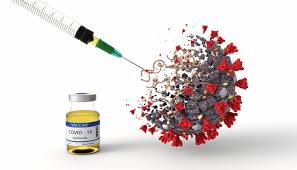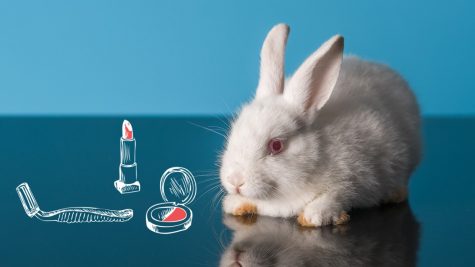Eating healthier

Being a teenagers sometimes makes it difficult to have a balanced diet and controlling how you eat. The cafeteria food at high school usually is not the best and about 20 percent of kids between 12 and 19 years old are obese because of their eating habits, but it is not so difficult to develop a healthy diet.
Your body needs energy to function and grow; this energy comes from the things you eat. Throughout the day, you use that energy to think and move, so you need to eat and drink, but the problem comes when you eat more than what you use.
Healthy eating involves taking control of how much and what types of food you eat and drink. A balanced diet contains:
- Fruits and Vegetables- The perfect amount is supposed to be half a plate but being realistic, that is not what usually happens. But at least we should try to eat some fruit or vegetables at every meal. Dark green, red, and orange vegetables have high levels of the nutrients you need, like vitamin C, calcium, and fiber.
- Grains- Whole grains like whole-wheat bread, brown rice, oatmeal and whole-grain cereal are normally healthier that the refined-grain cereals.
- Protein- Low fat or lean meats like turkey or chicken, and other protein-rich foods such as seafood, egg whites, beans, nuts… are better for your body than red meats like burgers and steaks.
- Fats- Even if it can sound weird, fat is an important part of your diet.Fat helps your body grow and develop, and may even keep your skin and hair healthy. But fats have more calories per gram than protein or carbs, and some are not healthy. Avoid eating solid fats such as as butter or stick margarine -they contain saturated and trans fats that are unhealthy; instead try to eat some fats such as oils that come from plants. Foods that contain healthy oils include avocados, olives, nuts, seeds, and seafood such as salmon and tuna fish.
Healthy Eating Tips
- Try to limit foods like cookies, candy, frozen desserts, chips, and fries, which often have a lot of sugar, unhealthy fat, and salt.
- For a quick snack, try recharging with a pear, apple, or banana; a small bag of baby carrots; or hummus with sliced veggies.
- Don’t add sugar to your food and drinks.
- Drink fat-free or low-fat milk and avoid sugary drinks. Soda, energy drinks, sweet tea, and some juices have added sugars, a source of extra calories.
- Pay attention to the size of your portions because you can be eating much more that what you need.
Have good eating habits. Other than what you eat, how you eat can help you stay healthy and fit.
- Don’t skip breakfast, which provides your body with its first fuel of the day and helps you concentrate. Good breakfast foods include fruit, eggs, low-fat milk, cream of wheat, oatmeal, or whole grain toast.
- Pack your lunch for school so you can create a healthy meal for yourself.
- Be involved in shopping and meal planning at home. You can even help the rest of your family to eat healthy!
- Be sure to get enough calories! The average teen girl should eat 1,600 to 1,800 calories a day if you’re not very active and 2,200 to 2,400 calories a day if you’re physically active.
- Avoid fad and crash diets. You will easily regain any weight you lose, and these are not good for your body.







